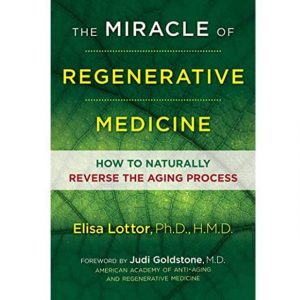Fatigue
Adequate levels of progesterone regulate sleep and decrease anxiety and irritability. Therefore, declining progesterone levels can cause sleep disturbances and anxiety, and insomnia both of which can lead to daytime fatigue. Hot flashes and night sweats caused by hormone imbalance can also disrupt sleep, leading to daytime fatigue. Also, heavy bleeding during perimenopause may contribute to anemia and tiredness. In addition, as testosterone declines, men and women lose muscle mass and energy, a condition which results in fatigue.
Hormones also play a role in regulating the sleep cycle, disruptions of which cause fatigue. The human body has a daily rhythm that requires a certain amount of DHEA and cortisol to maintain energy and metabolism. Normally, the adrenal glands produce increased cortisol in response to stress. When the stress is relieved, cortisol levels return to normal. Severe or chronic stress, however, can cause excessive cortisol secretion and eventually cause the adrenal glands to “burn out,” no longer able to produce sufficient levels of cortisol to maintain body energy. This adrenal exhaustion results in fatigue. In addition, insufficient amounts of cortisol produce a decrease in the production of several other hormones, particularly DHEA, progesterone and thyroid. During stressful times progesterone is converted to cortisol so the amount of progesterone available is diminished.
Decreased production of thyroid hormone affects metabolism and almost all body functions, causing a wide range of symptoms including mental and physical sluggishness.
A declining level of testosterone is one of the most common causes of fatigue in men. During andropause, diminished testosterone levels can lead to insomnia and/or sleep apnea, both of which contribute to fatigue. Testosterone plays an important role in energy production. Therefore low testosterone can cause men to feel less energetic, sluggish, and run-down. Inadequate testosterone levels can also cause depression which may lead to apathy and fatigue. With declining testosterone, physical activity requires more effort and recovery takes longer, therefore, men commonly tend to exercise less and feel more tired. Men, like women, can also suffer from night sweats, leading to poor sleep and daytime fatigue.
Contact Us Online
Our Office
— Anonymous

